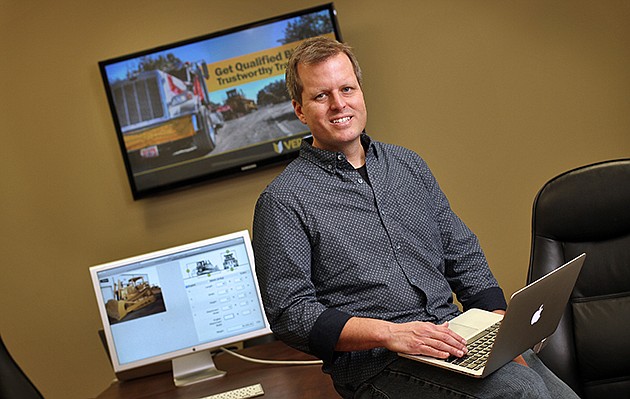- December 15, 2025
-
-
Loading

Loading

Jeffrey Cox Jr. grew up in the heavy construction equipment business — he got to play with real bulldozers when he was a kid, not just toys.
“I come from a yellow-iron family,” quips Cox, whose grandfather, James Cox, co-founded Plant City-based Linder Industrial Machinery Co. That company, under the leadership of Jeffrey Cox's grandfather and father, grew into one of the largest Komatsu construction and mining equipment dealerships in the country, with 20 branches across the Southeast.
The youngest Cox left the industry for nearly a decade after college, when he ran IT departments for Lockheed Martin in Orlando. But in 2004, Cox sought a way to get back into heavy equipment. He founded a company, Mulberry-based Rounders, that transported heavy construction equipment, from bulldozers and crushers to loaders and excavators. “All forms of big iron,” says Cox.